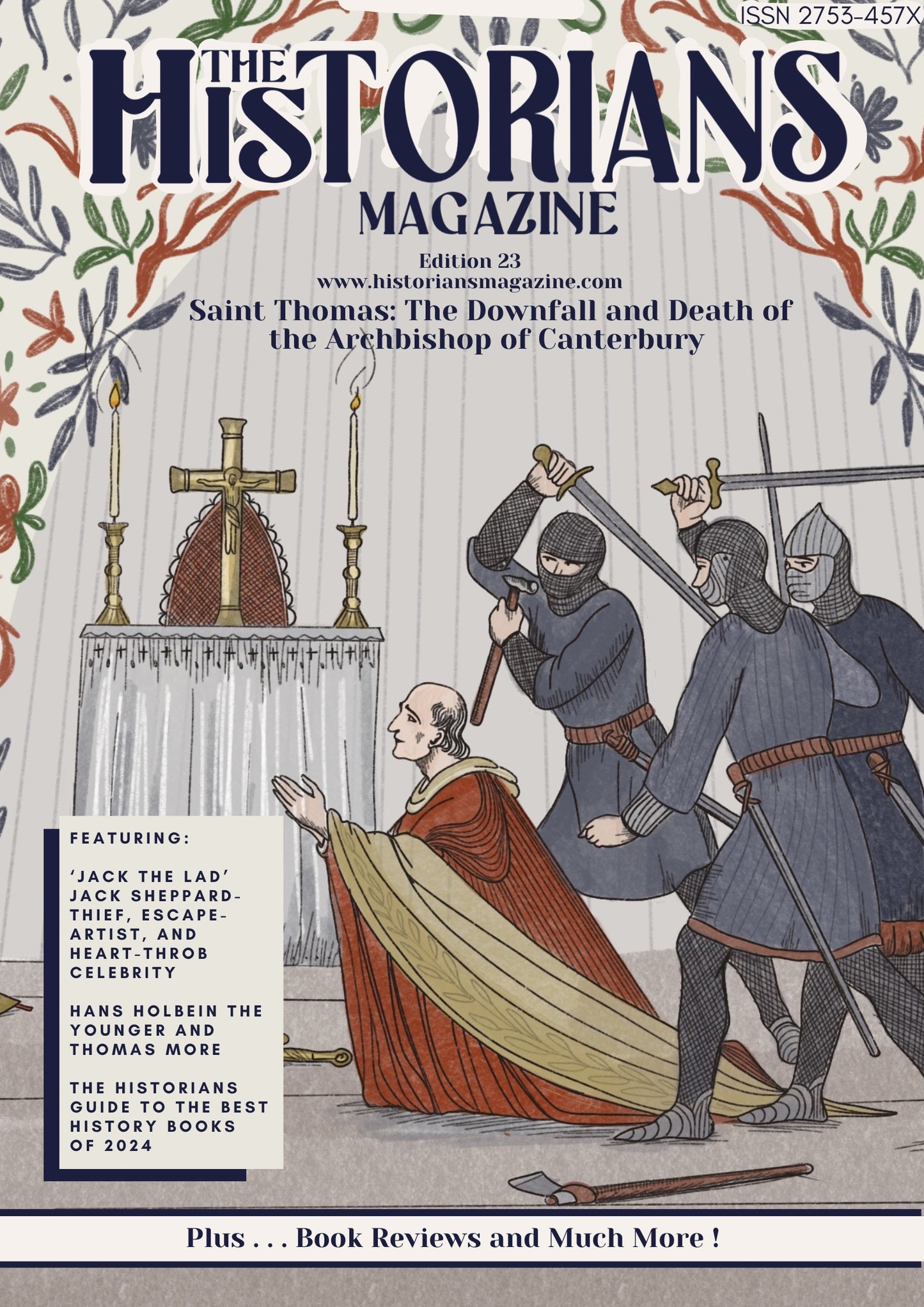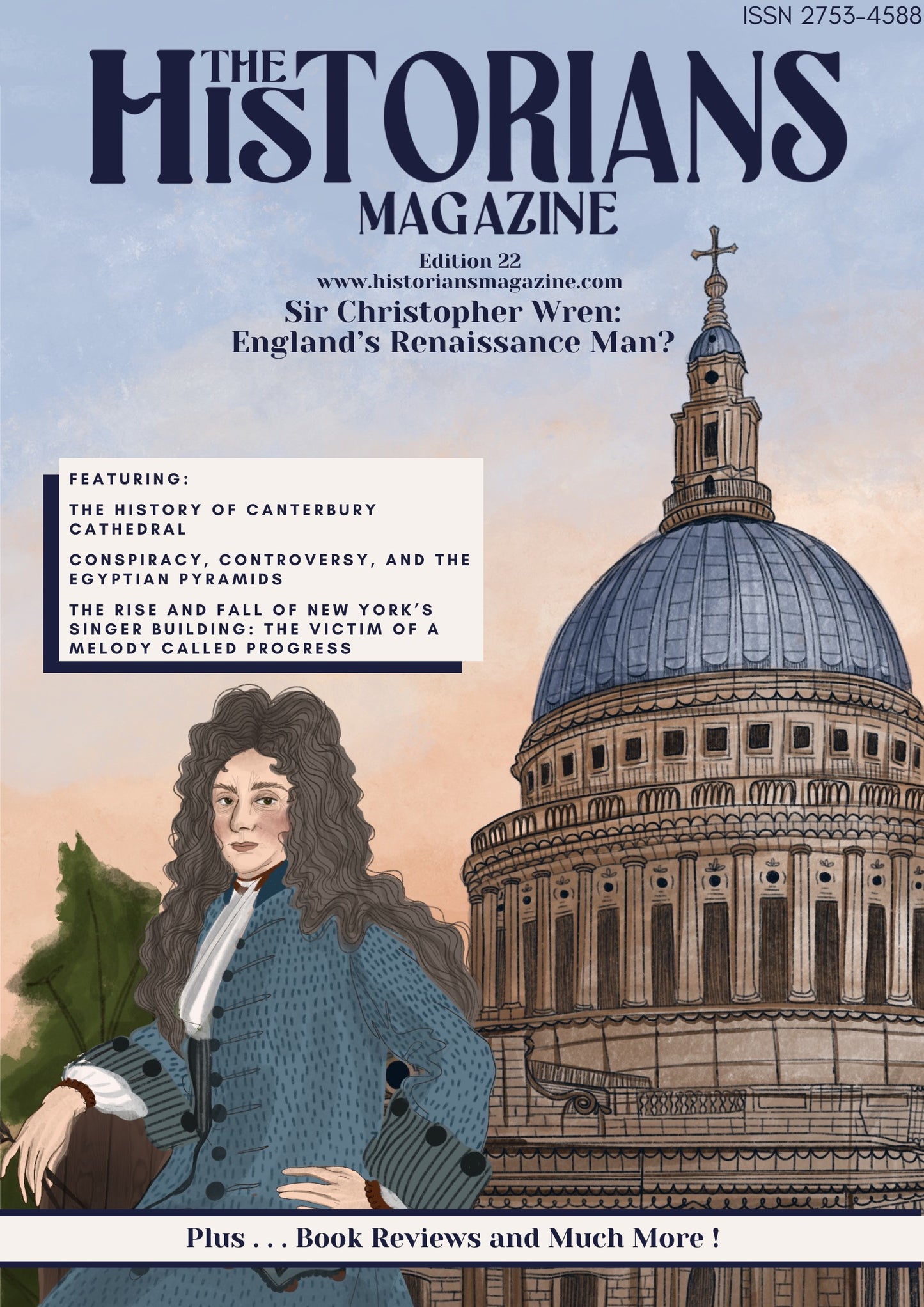Achilles and Odysseus – The Choice of a Lifetime
Share
by Alexander Woolven
Achilles and Insincere Happiness
Two men. Achilles and Odysseus. Two central themes across two books. The Iliad and the Odyssey. War and Home. The factual truth of their existence is uncertain, but the meaning of their stories cannot be denied. Both suffer, both sacrifice and both achieve immortality. Achilles was the son of a god, born to die for a legacy that would stand against the tides of time. Odysseus, a king who left the arms of a goddess to return to his wife back home. Achilles was a man who traded the experience of life for the representation of the life he lived while Odysseus when faced with the choice of immortality accepted the mortal fate and tragedy of the human experience, claiming it as his own. How are we to read and unravel this tale of two men whose names outlast all else? Herein lies the shadow of meaning all humans seek to answer. That of life, and that of death. Achilles quest for immortality through the insincere happiness of sacrifice and Odysseus’ journey back to the authentic grief of a mortal life. But is one worth more than the other? Shakespeare begs the question, ‘what’s in a name?’ and in these two names are the weight of a choice of a lifetime.
Greek ships sailed against the wine dark sea for Troy. Achilles sailed for eternal glory, Odysseus for duty and honour, but both sailed for war. There is a paradox in this exploration as both men’s names still exist to this day. This is not about the immortality of their names, but rather how we draw meaning from their actions that led them to their fates. The deeds of men heaped upon the carcass of history preceding the reality of the modern world, and therein lies myth and within this myth, truth. ‘Historia magistra vitae est,’ - History is the teacher of life. Achilles is Son of Peleus, king of Phthia and the goddess sea nymph, Thetis. The gods had tried for Thetis’ hand but gave up when a prophecy came to light. A prophecy that declared any child of Thetis would be greater than the father, and so the gods, not wanting to be outdone, gave up pursuit for Thetis and left her to marry the mortal king, Peleus and suffer the prophecy. It is a prophecy that Achilles is acutely aware of, going so far as to recount it in the Iliad, stating that: “My Divine mother, Silver-footed Thetis, says that destiny has left two courses open to me on my journey to the grave. If I stay here and fight it out round Ilium, there is no home-coming for me, but there will be eternal glory instead. If I go back to the land of my fathers, heroic glory will be forfeit, but my life will be long and I shall be spared an early death.”
When Achilles set sail across the wine dark sea with his fellow Greeks to wage war on the Trojans, he was sailing to a predetermined future. The prophecy had been clear – his life would be short but his glory would be eternal, and so he sailed with this knowledge, but at what cost? Achilles was, despite everything, a man. Thetis had tried to shift the fates of his mortality by dipping him in the River Styx, but failed to cover the entirety of his body, his heel remaining dry and therefore his body remained chained to the mortal world. Constantly referred to as god-like, but never a god himself, this awareness of his own mortality would have fed into the mental state that drove him to achieve greatness, no matter the cost. The fact that Achilles was acutely aware of his fate is interesting as it helps to navigate the existential crisis he would have undergone. The promise of eternal glory regardless of who you are, is a tough pill to swallow when the cost of it is so high. Nevertheless, the cost of your life is the same fate thousands of Greek soldiers at Troy would have paid, but there is a fundamental difference between the unknown soldier and god-like Achilles. Achilles knew his fate. Now, we could reason and say many of the soldiers were destined to die, but that doesn’t remove the ego from the individual. That little voice that tells us we are different, and we will survive. Even if it was fated that all except one man should die, every man would fight as if he were that promised ‘one.’ Every man would fight until their breath was stolen by death and only then would they concede. All except, god-like Achilles who knew he was to die there, on that battlefield, in that ill-fated war. So, what does a choice like this mean? Removing that constant instinct of survival, Achilles' actions would have had an air of dissatisfaction about them, forced to conduct himself with an insincere happiness as if he was in control of his own life when he wasn’t. It is interesting to view Achilles in this light, as someone who grappled with fate but ultimately submitted to it. Day by day for 10 years he fought a war and yet the greatest battle would have been waged within his mind as he fought against the natural human instinct of survival, but as that was going on, he also accepted the fate of his life with a willingness that is telling. His belief in the fame and honour that would be heaped upon his name after death ultimately defined his character. The satisfaction of external validation. What makes this belief interesting is it means that, for Achilles to achieve success, he had to forfeit himself to the gods and to fate. The greatest warrior the world had ever seen had to lose in order to become immortal lest only in name. Warriors fight with only one wager – their life. A warrior’s life is the defining characteristic that endures and so for Achilles to become immortal, he had to sacrifice that which made him great. His ability to fight, to defeat, to conquer was famous. So, it is curious that in order to become known as the greatest warrior, he had to be conquered, and what makes it all the more curious, was that he accepted and submitted to this fate.
It is almost as if greatness goes against natural human ideals of what success should be and what success is. That god-like Achilles should suffer such an ordinary fate as being killed at war, like any other common man. Even to this day, the Achilles Heel is synonymous with a personal weak point – that one point of us that would kill us. In the end, god-like Achilles was simply a man trapped by his own desire and was prepared to sacrifice himself for the external validation that this desire needed to be fuelled.
Odysseus and the Authentic Sorrow
After 10 years of brutal war, Greeks assailing the walls of Troy, 10 years of death and destruction and defeat until overcoming the might of Troy and seizing the victory, Odysseus sets sail to return home. His kingdom, wife and son await, but he knows the path is not straightforward. Before the Trojan war had been waged, an oracle foretold that should Odysseus go off to fight for the Greeks, he would be plagued with a long and arduous journey on the return. Something that wasn’t appealing to him, and so he tried his best to get out of leaving in the first place to fight in that famous war. Odysseus failed to get out of the war and so in the end, it was duty and honour that led him away from his home. Now, at the conclusion of the war Odysseus starts on this fabled journey. What occurred next was one of the greatest struggles a man has ever undertaken. A journey that is now the defining benchmark for the difficulty in which all succeeding journeys are held to. That great Odyssean Journey. 10 years fighting a war and the prospect of another 10 years for the journey home. Home itself must have seemed like a quickly fading dream and any certainty must have been like clutching smoke. Along his journey, Odysseus finds himself in the arms of Calypso, a goddess and together they have a romantic relationship. One that leads Calypso to offer the power of her existence, offering immortality while also directly addressing the duality and struggles of the human experience, stating that, ‘Yet had you any inkling of the full measure of misery you are bound to endure before you reach your native land , you would stay and share this home with me, and take on immortality.’ 10 years of war would change a man. A victory on the shores of Troy that must have felt pyrrhic to those that claimed victory, one could hardly blame Odysseus for being taken by that of a goddess. The promise of the safety of your own mortality would have been an alluring prospect, only strengthened when that same goddess is begging you to remain with her. Similar to Achilles, Odysseus is presented with the prospect of immortality. The struggles of life forgotten through the annals of time like some long-lost dream, all Odysseus had to do was concede his life. To perform a sacrifice akin to Achilles and sacrifice the mortality of the human experience for the immortal world of gods. While on the surface they are fundamentally different in the sense that Achilles had to die to achieve his, whereas all Odysseus has to do is sacrifice the mortality of his life, Odysseus views it as the same thing, and therefore something to reject.
When it comes to the suffering that accompanies the human experience, Odysseus is steadfast in his dedication to life, stating that, ‘And what if one of the gods does wreck me out on the wine-dark sea? I have a heart that is inured to suffering and I shall steel it to endure that too.’ The resolve of a mortal man who recognises the beauty in the struggle, in the mundane and menial means that the will of the gods has little influence upon those who believe in themselves. Jean-Paul Sartre tells us that, ‘when we say that man chooses himself, we do not mean that every one of us must choose himself; but in choosing for himself he chooses for all men.’ This choice and resolve of Odysseus is a laboured one, but is only strengthened when he ventures into the underworld and comes across the shade of Achilles who states that ‘I would rather work the soil as a serf on hire to some landless impoverished peasant than be king of all these lifeless dead.’ The hollow realisation of Achilles, understanding how his choices had appeared alluring, but were now mere echoes of beauty, empty and unsatisfying. Odysseus within himself understands that true meaning comes from embracing the limitations of life and finding value in true relationships, and experience that define human existence.
When he finally returns home, with the prospect of his own bed in front of him and a world of struggle behind him, Odysseus still conceded that, ‘there lies before me still a great and hazardous adventure, which I must see through to the very end,’ capturing this determination to the authenticity of the trials and tribulations of a mortal life. Immortality takes many forms, and Odysseus’ choice to return to the mortal struggle highlights a way in which the memory of life can continue long after the body is gone. In the end, Odysseus rejected the only thing the gods had to offer and that is where the power lies.
Figure 2 - Odysseus and Calypso
The Modern World and Myth
Understanding these two tales of men in the modern context adds another value to the transcendence of the meaning through time. Individually these two men made a choice of a lifetime that has seen them remain front of mind right up to the current day. Rarely do stories continue to move with the tides of time unless they offer some echo of understanding and meaning to the contemporary times that they are being read and understood in.
The Iliad and the Odyssey were two tales that were orally composed and because of this, had to exude a certain level of flexibility in order to adapt to the contemporary days in which they were being told and performed. This fluid nature of the spoken poetics of the story vanished the moment they were captured in written words by the fabled Homer, but it is clear that, despite being formally trapped in words and time centuries ago, the meaning of the texts is as potent as ever and holds values and fundamental human truths. With the rise of social media, there has been a fixation on the representation of the human experience, rather than the experience itself. How redolent humans are to suffer the representation rather than experience, both in action and consumption. How readily people are to sacrifice themselves under the illusion of external value akin to Achilles. Inundated with mass media marketing, feeling like a numberless soldier upon the battlefields of Troy, it’s the existential dread that drives us to perform acts of self-deprecation. Without guidance, meaning is derived from external validation, and much like Achilles desire to outlast those around him, we now seek the approval of those we don’t know and don’t care for us. The rat race can feel as relentless as ever, and increasingly it feels as if in order to gain recognition, you have to sacrifice some personal dignity and suffer some reputational damage that goes against the moral underpinning of our own constitution. Particularly in the online space in which we now exist, think of how some people are so ready to say things and act in a way they themselves feel wrong, but nevertheless, are prepared to go against any moral and ethical guidance, if only to garner a few more likes, despite the emptiness of the meaning attached to them.
Achilles was the greatest warrior the world had ever seen and in order to gain his success, he had to sacrifice himself and the dignity of what made him great.
It is this existential uncertainty that plays against the human experience, creating this illusion of success from external recognition, regardless of what that recognition entails. It is this illusion of power and therefore self-worth that, while might appear alluring, could cost your life. Odysseus’ approach to the authenticity of life, no matter its hardships and sorrows, remains equally as potent in comparison to Achilles' action. In a world where the search of external success and escape from pain often seems like the most attractive option, the choice of Odysseus to live authentically offers a potent reminder: that true happiness and meaning lie not in immortality or fame, but in the genuine engagement with the human condition and the acceptance of its complexities.
About the Author:
Alexander S.W. is a writer and photographer currently based in London. He is currently working in communications in the higher education sector, focusing on mental health in staff. Alexander grew up in Australia where he completed an undergraduate degree in English Literature and Ancient History at Macquarie University in Sydney. He went on to complete his Masters in Archaeology and Research at Macquarie University in Sydney and the Hebrew University in Jerusalem. Alexander has been published for both his fiction and non-fiction writing, and his photography, appearing in literary journals. Alexander expresses his life through writing both fiction and non-fiction. Fiction for what he would like to create and control, and non-fiction for the world he has experienced. Photography, he uses to capture the beauty of what he sees and hopes to share. Mixing between film and digital, his photos hope to capture a rawness of the world. He has also worked with brands and labels to capture their vision for their respective products. As an artist, Alexander strives for truth in whatever form that takes. Minimal if any editing to his photos and writing as honestly as he can, he hopes his art will inspire those to slow down and appreciate the life they live.




